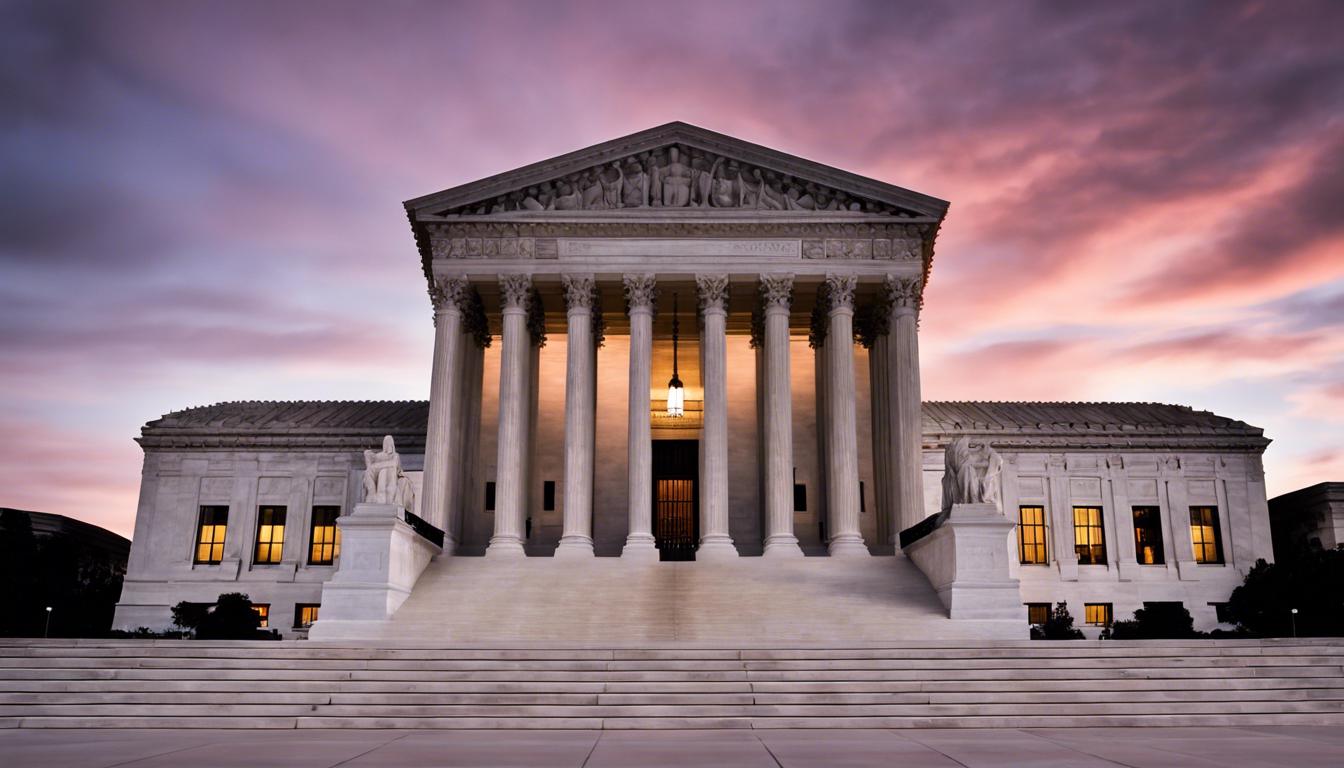The US Supreme Court will deliberate on Donald Trump’s claim of immunity amidst ongoing indictments of his associates over the 2020 election outcome, posing implications for the former president and the 2024 electoral scene.
The US Supreme Court is set to deliberate on former President Donald Trump’s assertion of absolute immunity from federal criminal prosecution regarding his alleged attempts to overturn the 2020 election results. This decision, contingent on interpretations from previous landmark cases such as Nixon v. Fitzgerald and United States v. Nixon, may affect the timeline and progression of Trump’s trial, potentially influencing the 2024 presidential election landscape.
Meanwhile, significant legal action is unfolding in Arizona, where 18 associates of Donald Trump, including Rudy Giuliani and Mark Meadows, have been indicted. These charges relate to a purported scheme aimed at reversing Trump’s 2020 election defeat in Arizona, part of a broader “fake elector” strategy that allegedly sought to manipulate the Electoral College outcome in several states.
Arizona Attorney General Kris Mayes has underscored the gravity of these allegations, which implicate the integrity of U.S. democratic processes. As legal proceedings advance against key figures like Giuliani and Meadows, the issue continues to spotlight ongoing debates over the legitimacy of the 2020 election results and the resilience of American electoral systems.













